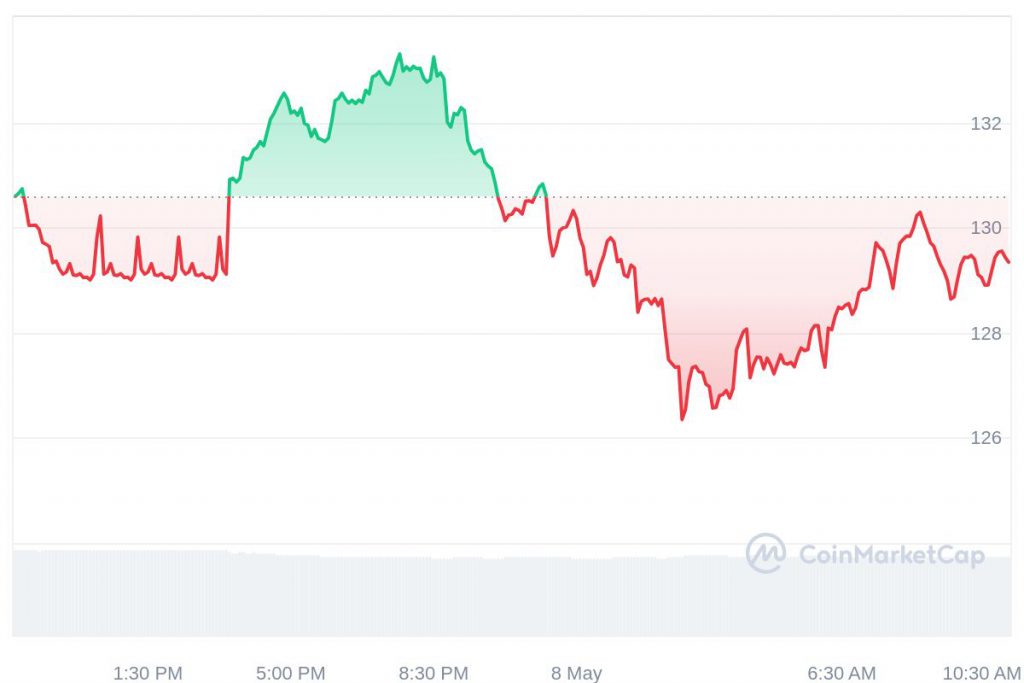The recent closure of LocalMonero, a platform facilitating peer-to-peer trading of Monero [XMR], has reverberated across the cryptocurrency community. This shutdown compounds the challenges faced by privacy-focused crypto services in the wake of regulatory pressures, posing difficulties for advocates of financial privacy.
LocalMonero’s abrupt announcement on May 7 stunned users. It went on to halt new signups and Monero trade advertisements with immediate effect. The platform will cease all trading activities by May 14, 2024, citing unspecified “internal and external factors.” This further left users to speculate on the reasons behind the decision.
Established in 2017 as Monero’s counterpart to LocalBitcoins, LocalMonero acknowledged the evolution of the Monero ecosystem while expressing optimism in the face of closure. It pointed to upcoming decentralized exchanges and privacy updates as signs of Monero’s resilience.
Setback for Privacy Coins?
Many view LocalMonero’s closure as a setback for privacy coins, exacerbated by Kraken’s recent cessation of Monero support and legal actions against privacy-centric projects like Tornado Cash. The crackdown on privacy coins and services extends beyond LocalMonero. Back in April, the founders of Samourai Wallet faced money laundering charges.
Also Read: Will Monero, Zcash face Government Sanctions in the future?
How is Monero [XMR] Faring?
Despite these challenges, Monero continues to navigate turbulent waters. At press time, XMR trades at $129.08, with a 1% daily drop. Looks like XMR continued to remain resilient amidst recent setbacks. The asset reflects a remarkable 60383.51% increase from its all-time low. However, the privacy coin is 75% below its all-time high of $517.62.

The broader implications of these closures and regulatory actions remain uncertain. While some argue that intelligence agencies prioritize catching bad actors over eradicating privacy protocols, regulatory scrutiny looms over the future of financial privacy in the crypto industry.
